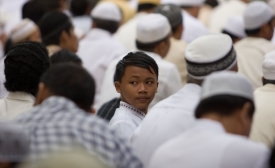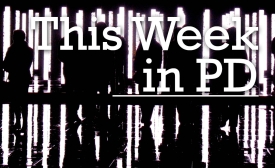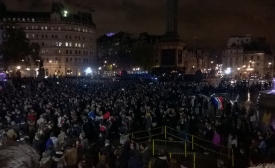paris attacks
The struggle against Islamic State in Iraq should be strategic and diplomatic in the true sense of the word: the creation and disruption of coalitions built on profound geopolitical analysis and accompanied by effective public diplomacy.

Public diplomacy tools to combat the Islamic State, Part 2.

PD News headlines focused on global reaction to the deadly terrorist attacks in Paris and the role of social media in public discourse.
In the wake of the devastating terrorist attacks in Paris on November 13, Paris residents took to Twitter to offer accommodation to the stranded using the hashtags #PorteOuverte and #OpenDoor […] As a communication tool, the crowdsourcing power of social media again proved to be effective […] But what does this support, the “cause” in Facebook's words, actually deliver?
There is one reaction that so exemplifies the current state of the networked world that it warrants closer analysis. That is the filmed declaration of Anonymous to take down ISIS. It is the epitome of the theory of Netpolitik, which Leshuo Dong and I wrote about earlier this year.

On Paris, ISIS, and the implications for public diplomacy.
The Paris terror attacks are seen by many as testament to the need for hard power when dealing with the Islamic State – this while the new Canadian Prime Minister has been preaching, and was elected on, a soft power Liberal line.
Muslim leaders the world over are condemning the horrific terror attacks that struck Paris Friday night, expressing outrage and shock at an onslaught of shootings and bombings that left at least 120 dead and hundreds wounded. Muslim imams, scholars, commentators, and average Muslims expressed grief and horror using social media.







